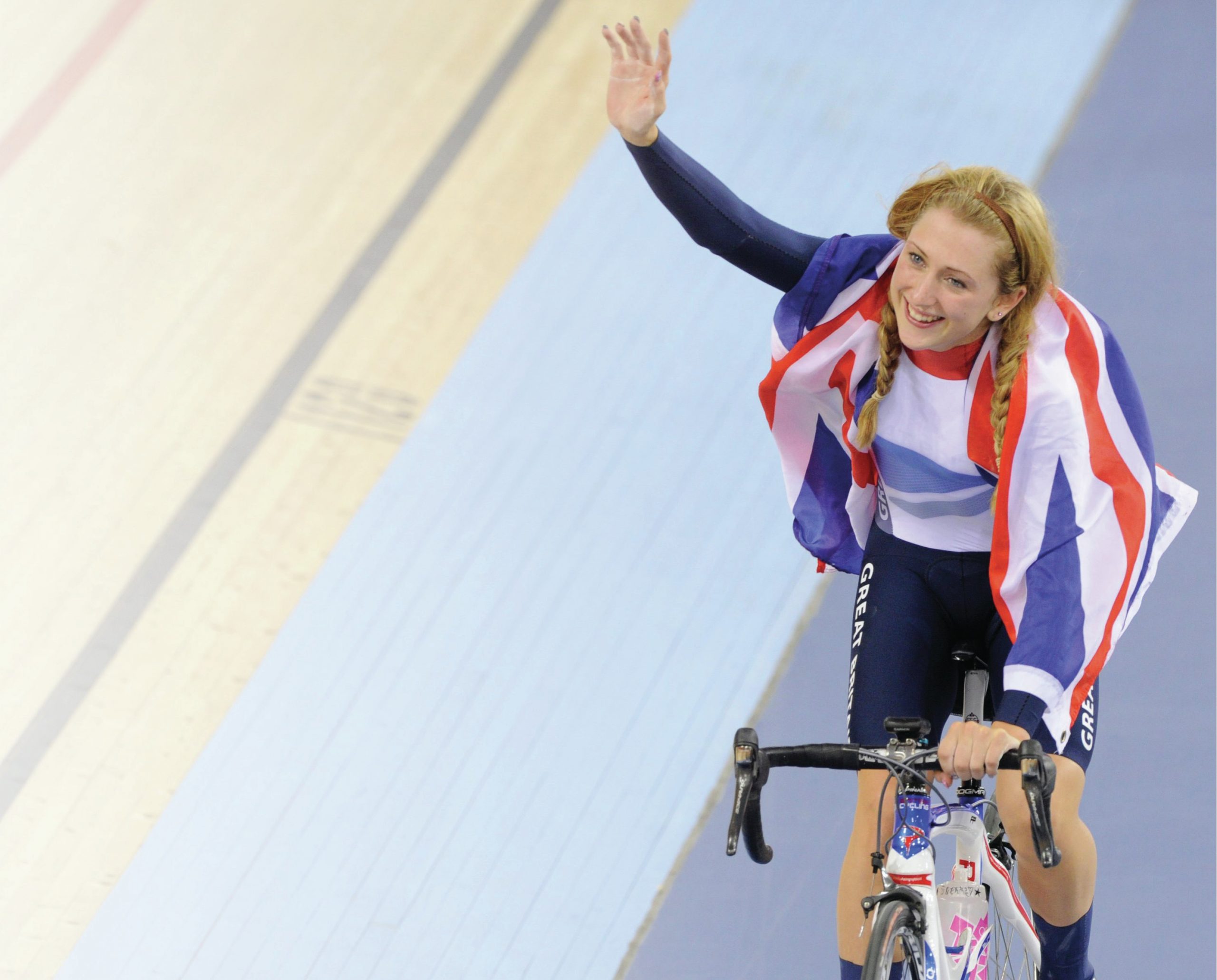
During the mid to late nineteenth century, ex-public schoolboys rationalised sports and determined rules and regulations for competitive conduct. They went on to form many of Britain’s national governing bodies (NGBs) for sport. These included the first governing body for cycling in 1890 — the National Cyclists Union.
At that time the bicycle was viewed as a machine of the working classes. The upper classes complained about the mobility that it gave to ‘the common man’ and the ‘corruption’ of wagering on professional racing. The National Cyclists Union was run by gentlemen amateurs. They banned racing on open roads and organised competitions in purpose-built facilities such as velodromes and closed circuits. This acceptance of the sport by the ruling classes meant that cycling quickly became a popular leisure pursuit for the nation.
Your organisation does not have access to this article.
Sign up today to give your students the edge they need to achieve their best grades with subject expertise
Subscribe




